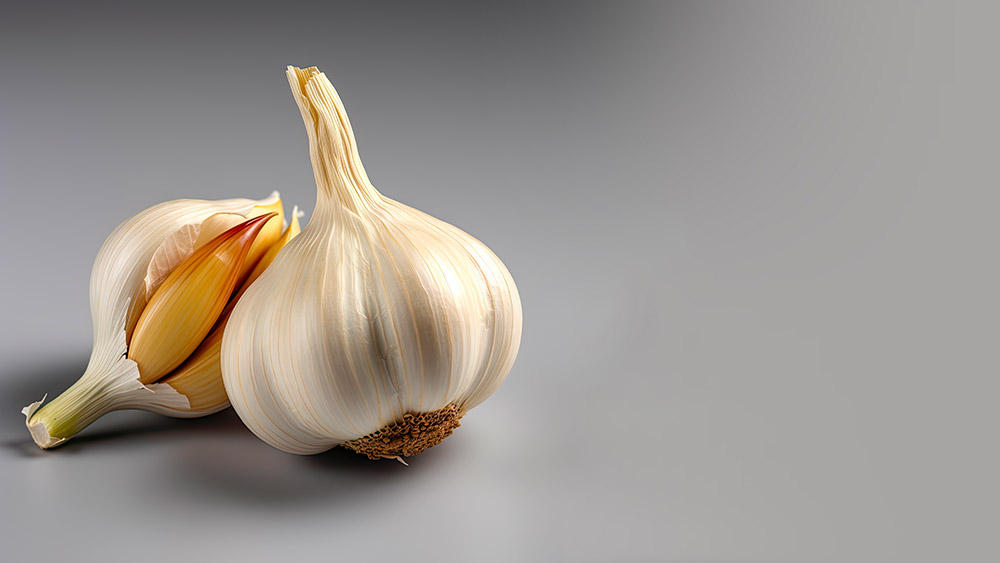The actual reason is related to digestion. As the inventor of Pristine Breath Care, I’ve dedicated years to understanding and tackling the challenge of food breath and halitosis. Unfortunately we do not currently have a perfect scientific solution to this social annoyance. We will point out some of the complexities involved and offer potentially helpful advice.
The Science Behind Food Breath
What Causes Food Breath?
There are two stages when odor-causing foods can have their impact. The first step takes place in the oral region. Here, food and drink that contain smelly components tend to cling and remain in the mouth and throat area. They can be eliminated and neutralized effectively by rinsing and gargling with appropriate products.. The second step is when food or drink is swallowed and digestion begins. This is where we have more difficulty controlling odor molecules.
The Impact of Digestion on Breath
Digestion is key to food breath; it transforms garlic, onions, and alcohol into smelly molecules, affecting our breath. Digestion takes time. Your body can only work so fast. As part of the digestive process waste products are produced which then are eliminated. In the case of garlic, onions and alcohol some of the waste molecules smell obnoxious. These waste compounds find their way to the lungs, creating food breath. To a lesser extent they are also removed through pores of the skin as sweat. This process of elimination can be as short as a few hours or as long as three days. Breath odor lasts just as long.
Foods Known to Cause Bad Breath
Garlic and Onions
Garlic and onions are the most common culprits of food breath due to their high sulfur content. While these ingredients are celebrated for their ability to enhance the flavor of our meals and deliver health benefits, they are also responsible for lingering odors that can be offensive.
Other Culprits of Food Breath
Beyond garlic and onions, alcohol is well recognized for its’ effect on breath quality. Think beer breath.
Combating Food Breath: Effective Strategies
Oral Hygiene Practices
Tooth brushing, mouth washing and gargling are somewhat helpful in combating food breath during the first 10 to 30 minutes after consuming an odor causing food. Pristine Breath Care has good ability to neutralize and mask odor that occurs in the oral and throat area, but the big problem begins after food has been swallowed.
Science Looks For Remedies
The scientific literature suggests that the following foods might be helpful in reducing the development of food breath: raw or cooked apple, parsley, spinach, mint, milk, yogurt, green tea, lemon juice and lettuce. These need to be taken before, during or immediately after consuming odor-causing foods.
Here are four published scientific studies that offer details on ways that you might use to try to reduce the impact of consuming odor causing food and drink. For the scientifically interested there are also links to the original source of information.
- One study found that raw apple, parsley, spinach and mint reduced the amount of food breath produced. “The treatments were consumed immediately following raw garlic consumption”.
- Another looked at using milk and determined that “Addition of milk to garlic before ingestion had a higher deodorizing effect…than drinking milk after consuming garlic.”
- A third one considered yogurt’s effect and concluded that “Foods with higher fat or protein content can be formulated to offer a potential solution to reduce the unpleasant odor associated with garlic consumption.”
- A fourth investigation explained that green tea showed inconsistent results while “raw mint leaves, lettuce and apple worked best to combat garlic breath”. “But you would need to eat them at the same time or fairly quickly after eating garlic”. “You can’t wait for an hour, and if you notice you have garlic breath, try to eat an apple to fight it. It’s too late at that point.”
Advanced Treatments and Solutions
At this time some of the above treatments are considered “significantly effective” but are not deemed completely effective or ideally convenient to use. More important health issues are properly getting the limited available funding for research, so don’t hold your breath (pun intended) waiting for an eminent break through. Keep a little hope. You never know when a serendipitous discovery might occur.
Conclusion
How we address food breath is a matter of personal courtesy and comfort. Pristine Breath Care can provide excellent early relief by neutralizing and masking food breath through gargling and rinsing. It will not help control the release of odor molecules from the lungs following digestion. The foods we love can leave a temporary mark on our breath. Balancing our social sensibilities with our food preferences and health priorities keeps life interesting. We understand the consequences of our behavior and the choices are ours. Someday science may make discoveries that will allow us to predictably and easily eliminate our frustration with odors caused by our favorite foods. For the moment we have offered a few strategies that may be of assistance.


